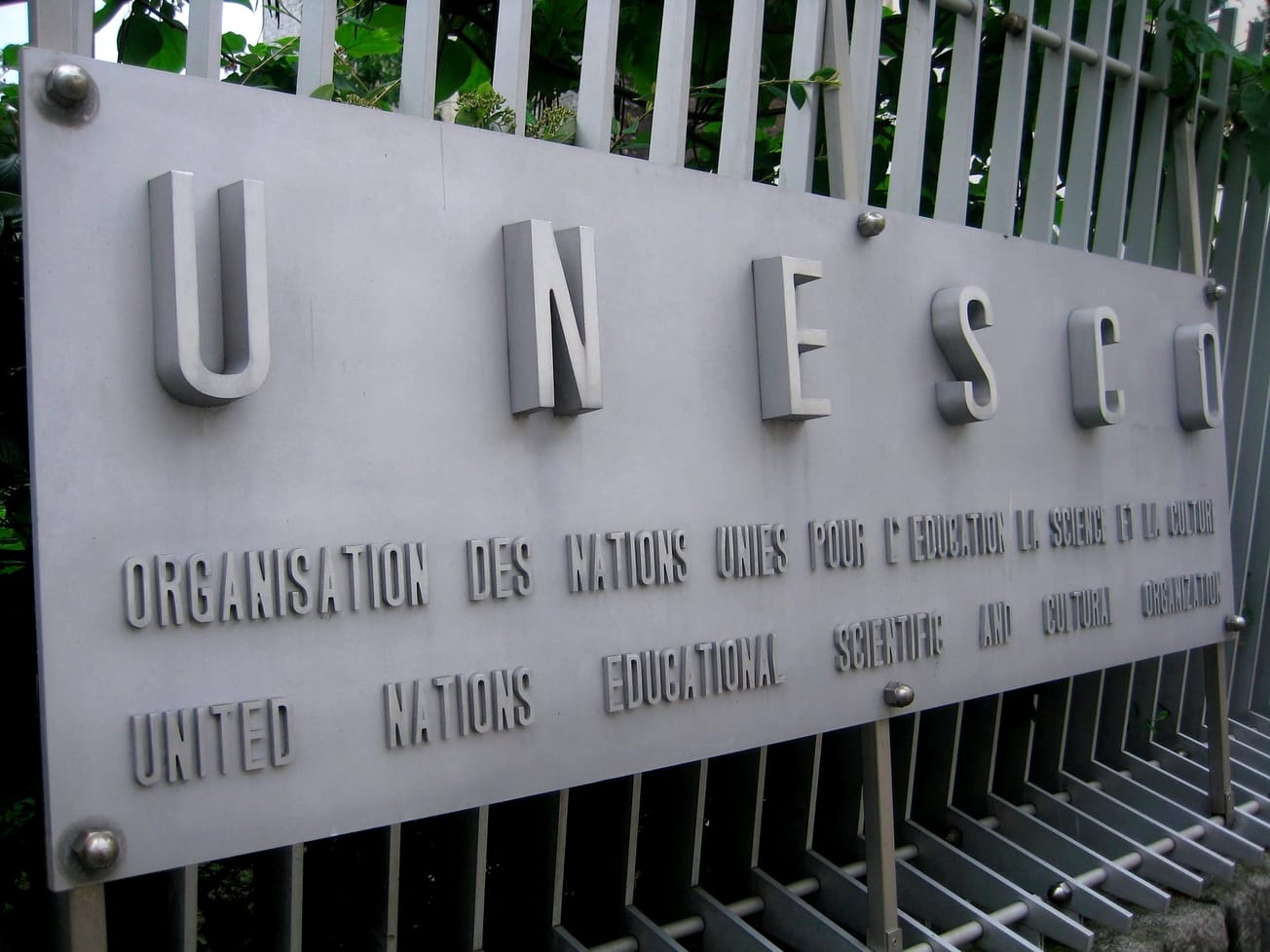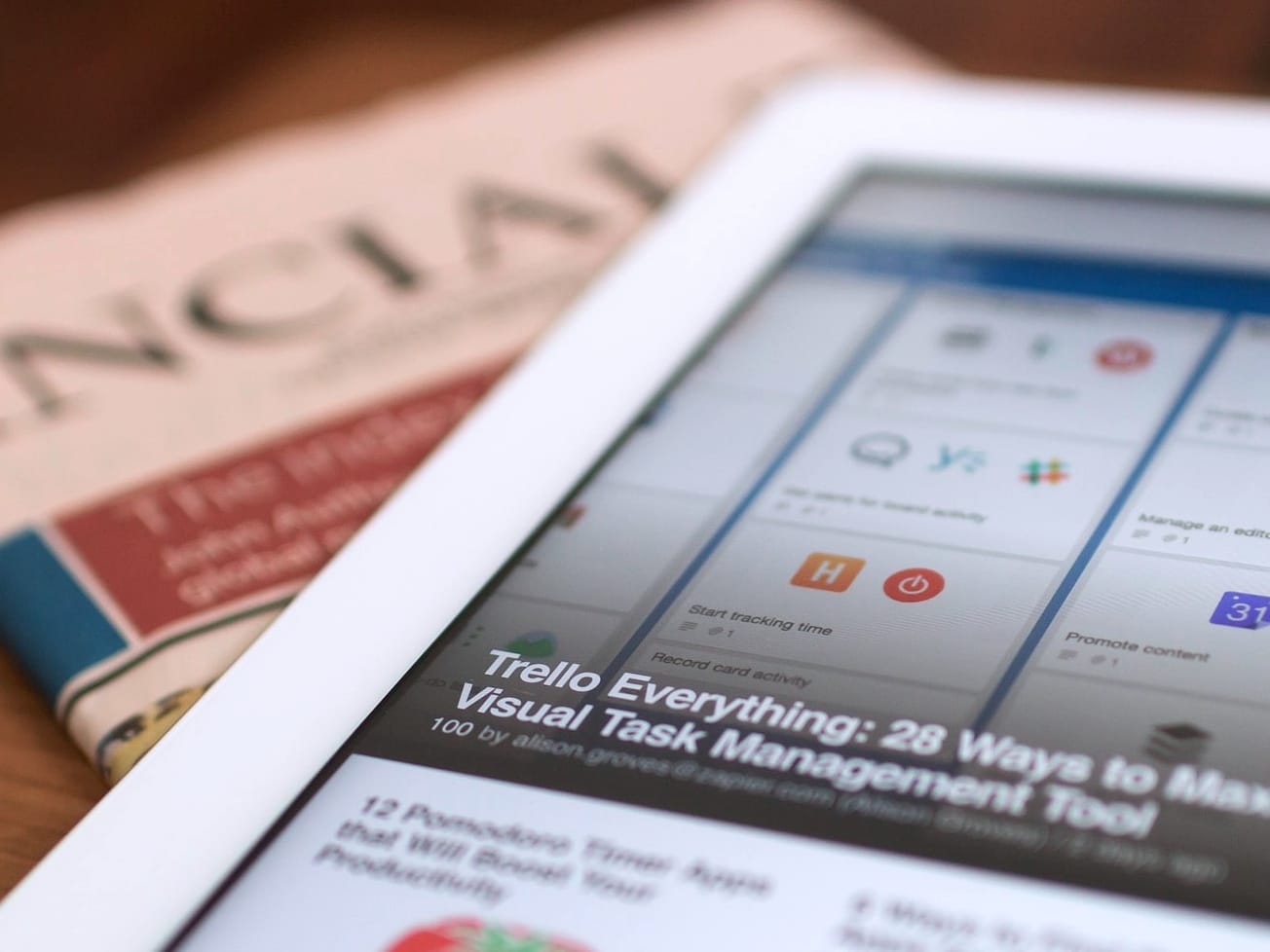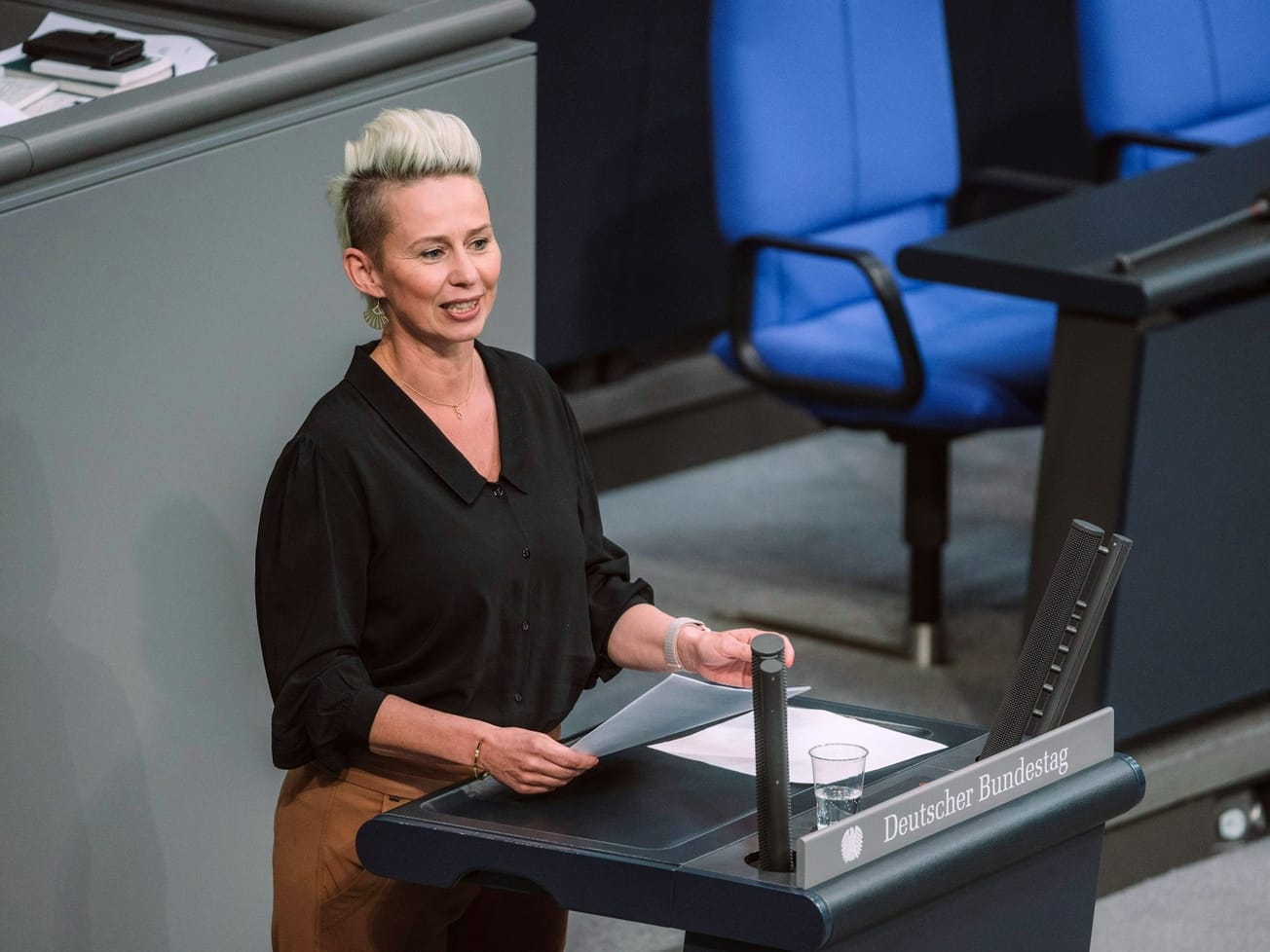GENEVA (AN) — The world's foremost gathering of labor officials wants to universally define workplace harassment and guarantee workers' rights against violence.
The International Labor Organization, or ILO, is the only international organization of its kind that combines representatives of governments, employers and workers. Its annual conference from May 28 to June 8 plans to focus on harassment and violence at work.









